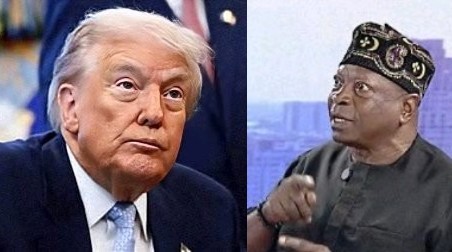The government of South Korea has excluded cryptocurrency exchanges from being categorized as venture businesses. The government announced this new cryptocurrency market rule-change through a press release published on August 13.
The document issued by the Ministry of Small and Medium-sized Enterprises explained that it would now categorize crypto-exchanges alongside bars and nightclubs, which are generally businesses that it would not encourage as venture enterprises.
The rough translation reads as follows:
“The Small and Medium Venture Business Department [of the MSS] has no intention to regulate cryptocurrency trading and disclosures (ICOs), but as problems such as speculation emerge, cryptocurrency exchanges are not a target for the government to encourage as a venture enterprise.”
The rule change marks a shift in the way the South Korean government treats crypto-exchanges, which now face strict taxation and banking tax obligations. That said, the government has earmarked 5 trillion won ($4.4 billion) to be used to fund the development of a platform economy in 2019.
The development of various technologies, including blockchain, has been outlined, with the projects set to begin next year. Blockchain technology will be particularly useful in securing data transactions and information sharing.
The government’s five-year plan includes eight pilot projects and a budget of between 9 to 10 trillion won ($8.8 billion).
The Unique South Korean Cryptocurrency Market
The South Korean cryptocurrency market has seen significant growth in the past year and was responsible for a third of all bitcoin trades in 2017, with investors paying “Kimchi premiums”. The term is used to describe the bitcoin pricing gap between the country’s exchanges and that listed on foreign exchanges.
Cryptocurrency prices on the nation’s exchanges are usually higher, with the phenomenon been attributed to the lack of high return investment options in the country. In December 2017, for example, bitcoin rates in South Korean exchanges were over 40 percent higher than those on U.S. markets.
Of course, it seems logical and easy for traders to bank on arbitrage opportunities in such an ecosystem. This could be achieved through currency pair trades interlinked with cryptocurrency purchases in foreign platforms, and then reselling on South Korean exchanges.
Except, it’s not, because of stringent financial regulations, capital controls, and anti-money laundering laws. South Korean companies and individuals face limitations on the amount of money they can send abroad and need to receive approval from regulators. However, the process is likely to be unsuccessful due to money laundering fears.
Unemployment among the youth is another alleged catalyst of the burgeoning cryptocurrency trend in South Korea. It stood at 9.9 percent in 2017. It is estimated that three in ten salaried employees had invested in cryptocurrencies by the end of last year.
This is according to a survey undertaken by the Saramin recruitment agency, a South Korean firm. Eighty percent of these were people in their 20s and 30s.
Article first appeared on Coincentral
Discover more from TOKTOK9JA MEDIA
Subscribe to get the latest posts sent to your email.















![Reactions As IPOB Leader Strikes Joyous Pose With His Legal Team [PHOTOS]](https://toktok9ja.com/wp-content/uploads/2022/05/f13b2c1e2d357873f4c3fee6c03b63932381891994465965012-150x150.jpg)











